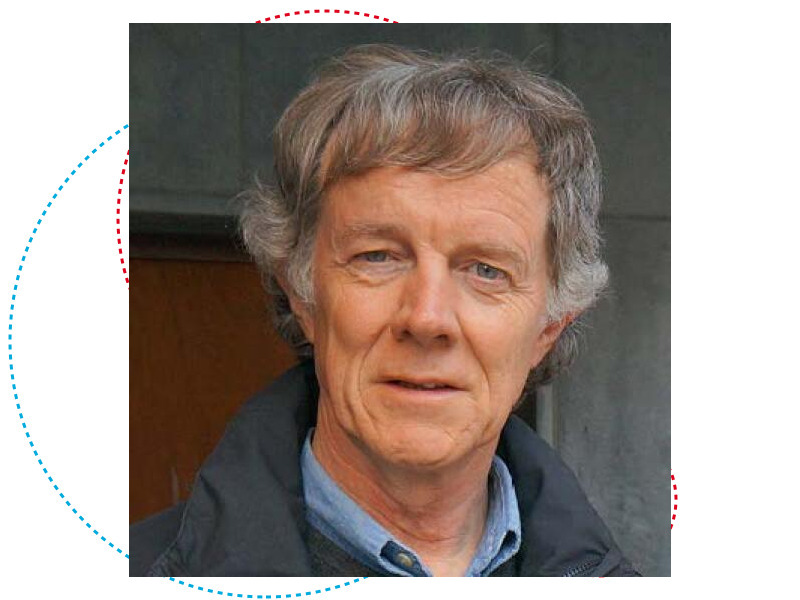Pedagogical translanguaging is understood as the use of planned strategies based on the use of resources from the students whole linguistic repertoire in contrast to spontaneous translanguaging (Cenoz & Gorter, 2020, forthcoming).
In this presentation the focus is on in-service teachers’ beliefs about translanguaging and multilingualism (Gorter & Arocena, 2020). Data were collected during a professional development course at the University of the Basque Country in which teachers received training on different multilingual approaches. The outcomes reveal changes in the teachers’ beliefs about separating or mixing languages, languages supporting each other and applications in the classroom. The complex relationship between professional development and changes in teachers’ beliefs and practices is placed in a broader context of multilingual approaches to teaching.
Durk Gorter is Ikerbasque Research Professor at the University of the Basque Country UPV/EHU in Donostia-San Sebastián (Spain), where he is the head of the Donostia Research group on Education And Multilingualism (DREAM). He carries out research on multilingual education, European minority languages and linguistic landscapes. He has widely published on those topics. He is editor of the journal Language, Culture and Curriculum and he obtained the award of Distinguished Scholar of Multilingualism from the International Association of Multilingualism.
CONTACT
cyril.wealer@uni.lu
Supported by

PRIDE 15/10921377/CALIDIE/Hu
